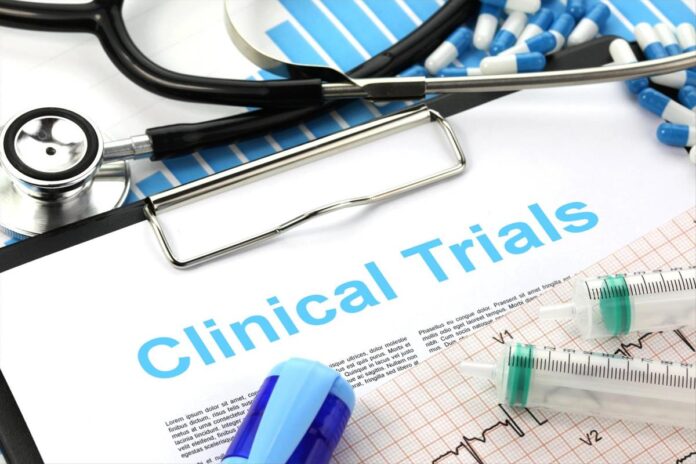The on-going COVID-19 clinical trials are in news every other day but not many people understand the real meaning of these trials. The clinical trials are conducted for safety evaluation especially for a medicine or a vaccine. Usually, medical research is conducted using animal models but for noticing the effect on humans, it has to be tested on human models.
To check the efficacy of an experimental product, research design clinical trials that require hundreds or thousands of volunteers are classified into many groups. While controlling the risk factors, they are exposed to the experimental medicine or experimental vaccine hence evaluated for value.
Also read- Not Getting Enough Sleep Can Cause Heart Disease
Right now, two leading pharmaceutical companies are running their clinical trials for COVID-19. These two companies are Pfizer and BioNtech and the second trial is running by Moderna in collaboration with the US National Institutes of Health (NIH).
While the Pfizer made COVID-19 vaccine is estimated to be 90% effective, Moderna has recently shared that its vaccine can provide up to 95% safety.
Pfizer, a US-based pharmaceutical giant started the clinical trial of the COVID-19 vaccine on 44,000 people from Germany, Brazil, US, Turkey, Argentina, and South Africa. All of these people were a part of this trial on a volunteer basis. They received 2 doses of the Covid vaccine after 21 days gap.
On the other side, the Moderna and NIH collaborated vaccine doses were given to 30,000 volunteers from the US, with a gap of 28 days. All of these trials were ‘blind’ meaning that no one knows who has received the actual vaccine and who has received a ‘placebo’.
None of the volunteers was subjected to the virus, intentionally which is unusual in this case. Normally, other trials also include exposing the participants to the pathogen to estimate the accuracy of a drug or vaccine. However, in the case of COVID-19, this option was extremely risky because of the unavailability of Covid treatment.
So, all of the volunteers in these clinical trials were requested to live their normal life and follow the general precautions shared by CDC i.e. hand hygiene, social distancing, facemask, etc.
Also read- Poor Diets in Children Are the Main Culprit for Short Heights
Over time, some of these participants were infected and identified during the regular follow-ups after subjecting to the experimental vaccine. Usually, if more people end up having the infection even after receiving the vaccine, it means the vaccine couldn’t protect them from the virus. But if only a few people or no one gets infected, it means that the experimental vaccine is effective. For this COVID-19 vaccine to be effective, the number of infected people in the experimental group has to be much lower than those in the placebo group.
The purpose of these COVID-19 vaccine clinical trials is to find out a vaccine that provides maximum protection from this deadly pathogen. Although many companies are working on developing their vaccine the one which provides maximum protection will win this race.
It is too early to say if Moderna’s vaccine will be better than Pfizer or any other company will end up creating a better vaccine than both these companies. Without subjecting a larger population to the vaccine, it is hard to determine the efficacy. Clinical trials only present a picture of their results on a small sample size. even if the trials include thousands of people, it is still a relatively small size as compared to the world population which is in billions.




